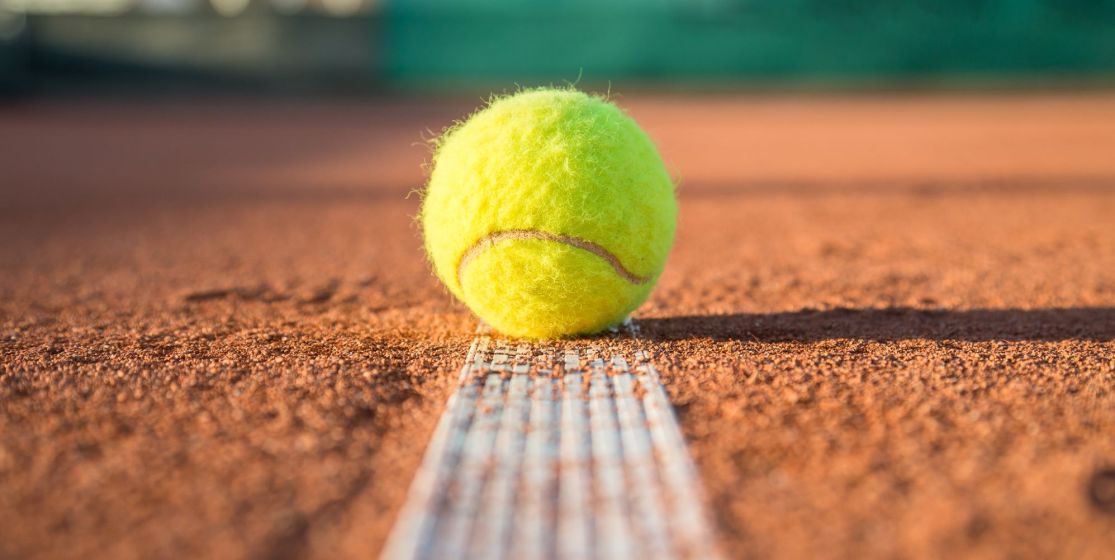Just like football club presidents, tennis players don't hesitate to change their coach to stem a downward spiral. Which has the consequence of making the coach's job increasingly tricky and precarious.
"I don't really have any training yet, I don't have a coach. I only play by my own will. I'm trying to do the best I can (...) I have a few ideas. It takes a little time because we need to agree on the number of weeks, the work method, the location, the structure, etc.. " If, as he said last week, Gael Monfils is still looking for a coach, it's because last November, he decided to end his sixteen months association with Patrick Chamagne. Previously, the "Monf '" had worked with Thierry Champion (twice), Pier Gauthier, Roger Rasheed, Tarik Olivier Delaitre or even Benhabilès. And every time, the same conclusion: after a few months, a solemn declaration to the media with a thank you and a "good luck for the future" as a farewell letter. In truth, the semifinals of Roland Garros 2008 were anything but an isolated case. Rare are the players on the ATP Tour who are not "consuming" a handful of coaches throughout their career. In other words, the choice to embark on a coaching career amounts to write the label "disposable" on your cap... The situation isn't always easy to deal with, even if "sometimes it can be the coach who decides to terminate the adventure" says Thierry Tulasne.
"The role of a coach is to constantly repeat the same thing to his protégé" says Thierry Ascione, former player now converted coach. It is therefore logical that at some point, the player reaches saturation. And when in addition the results aren't there, then the grim speeches are no longer appreciated. That's why it's not uncommon to see some members of the ATP Tour deciding to part with their mentor after a dirty defeat, and announce it right after the match or during the hotel room post-match debrief. For players beyond the hundredth place, with smaller endowments, the economic considerations also come into play "When I was on the tour, I didn't have a coach. I decided to take one. After eight defeats in the first round, I had to part with him: I couldn't afford it" recalls Jerome Potier, current coach, of among others, Josselin Ouanna.
However, it's not always an easy situation to deal with this. "A separation is the same than in a love relationship. It's never pleasant. A coach spends as much time with his player than with his wife, so when it stops overnight, it's not easy... but it's important that it happens in a healthy way" says Thierry Ascione. As a result, more and more coaches start to include protective clauses in their contracts binding the players to them and stipulating, for example, the obligation of a several months notice in case of separation. Because here's where lies the paradox of the coaching profession: even if he's paid by the player, a coach is walking on thin ice while often having to deal with conflicts of interest. "Basically, you get paid be bossy to your own employer. It's an extremely ambiguous and delicate situation to manage that can lead to a breaking point. That's why I chose to be paid by the federation. They choose the players I'm coaching" explains Jérôme Potier. However, don't think that a rupture between a player and his coach will ultimately end up in court. If the player finds the right words, there is no reason for the relationship to grow acrimonious according to Thierry Ascione: "During my career, I happened to have another go with a coach I worked with in the past. And the six coaches I had all came to my wedding. "
By Marc Hevez






